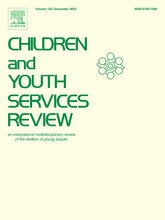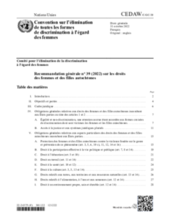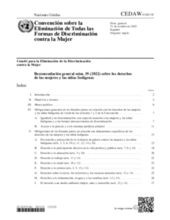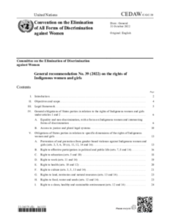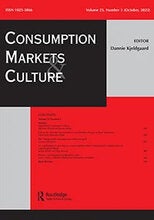Displaying 31 - 40 of 501
本指导说明旨在支持项目实施者、协调员和其他人道主义行为者解决人道主义环境中的自杀和自残问题。 它汇集了范围广泛的方法、工具、参考资料和案例示例。 它是一种实用而简洁的资源,适用于所有类型的紧急情况、组织和部门。
Esta nota de orientación tiene como objetivo ayudar a los implementadores de programas, coordinadores y otros actores humanitarios a abordar el suicidio y las autolesiones en entornos humanitarios. Reúne una amplia gama de enfoques, herramientas, materiales de referencia y ejemplos de casos. Es un recurso práctico y conciso aplicable a todo tipo de emergencias, organizaciones y sectores.
This analysis conducted by the UK Office for National Statistics explores the education and social care background of care-experienced young people in England who were imprisoned at any point up to the age of 24 years.
Using national child welfare data, the authors examined a subset of foster children (7%) who entered care due to parental incarceration in the U.S.
Le Comité insiste, en particulier, sur la gravité des actes de discrimination et de violence fondée sur le genre commis à l’encontre des femmes et des filles autochtones handicapées placées en institution.
El Comité destaca en particular la gravedad de la discriminación y la violencia de género contra las mujeres y las niñas Indígenas con discapacidad que viven en instituciones.
This study sets out a framework to help reduce the number of children living in poverty and prevent more families from falling into financial distress.
The Committee highlights, in particular, the gravity of discrimination and gender-based violence against Indigenous women and girls with disabilities who are living in institutions.
This book examines the involvement of those with care experience in the criminal justice system in an Australian jurisdiction. The majority of children in care do not come into contact with the youth justice system. However, among children involved in the youth justice system, those with care experience are overrepresented. The authors focus on the process of colonialisation and criminalisation, rather than crime.
This paper examines the understanding of poverty emerging in voluntourists’ accounts of their first-hand experiences of poverty alleviation. Based on the ethnography of an orphanage in Nepal, the authors show that despite voluntourists’ good intentions and even (self-)criticism of the volunteer tourism approach to poverty relief, their accounts tend to consolidate rather regressive ideas about poverty.




